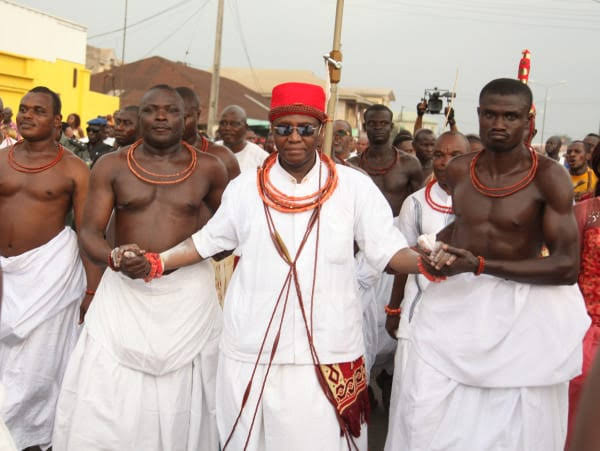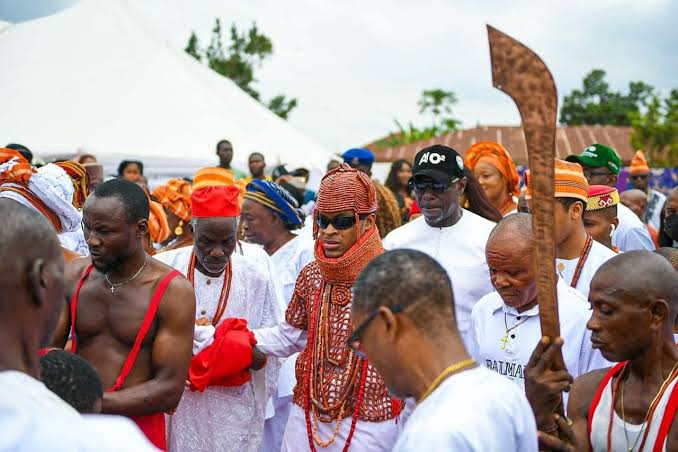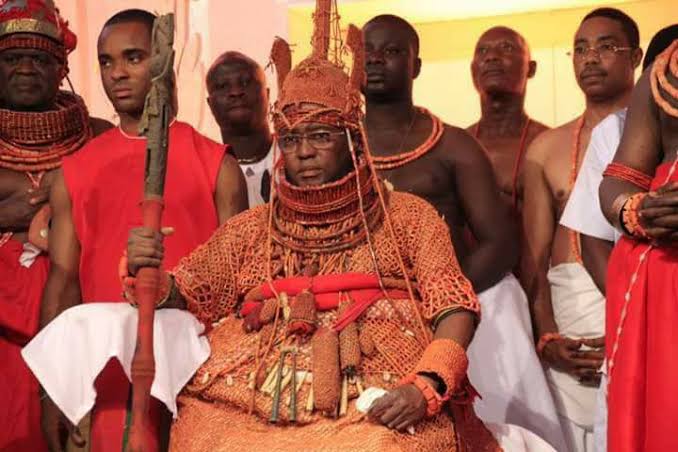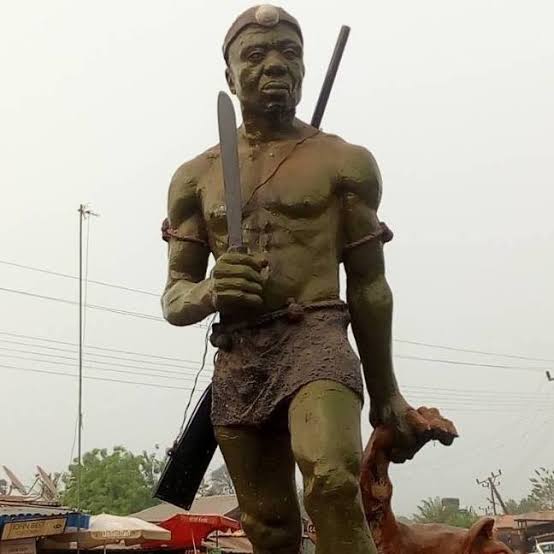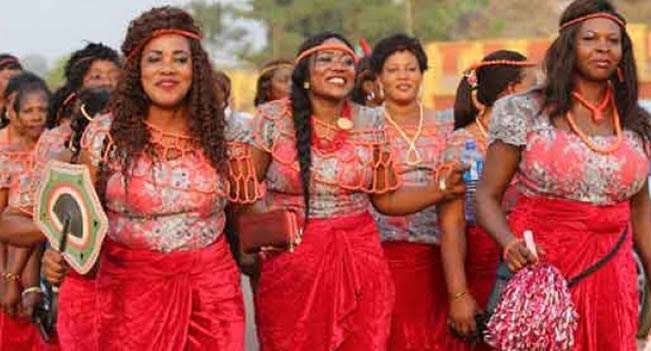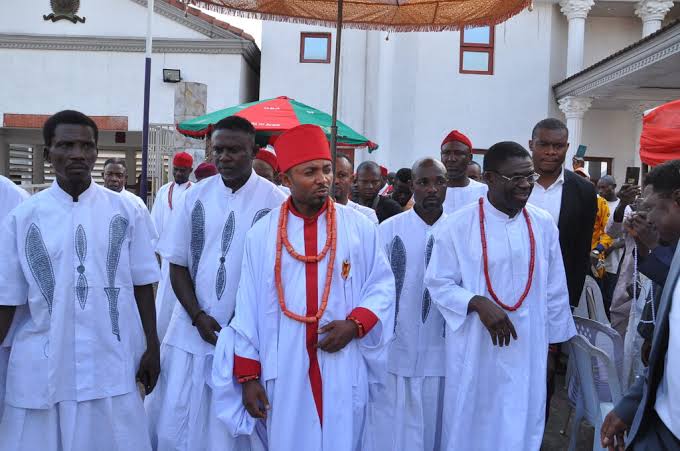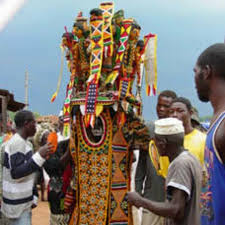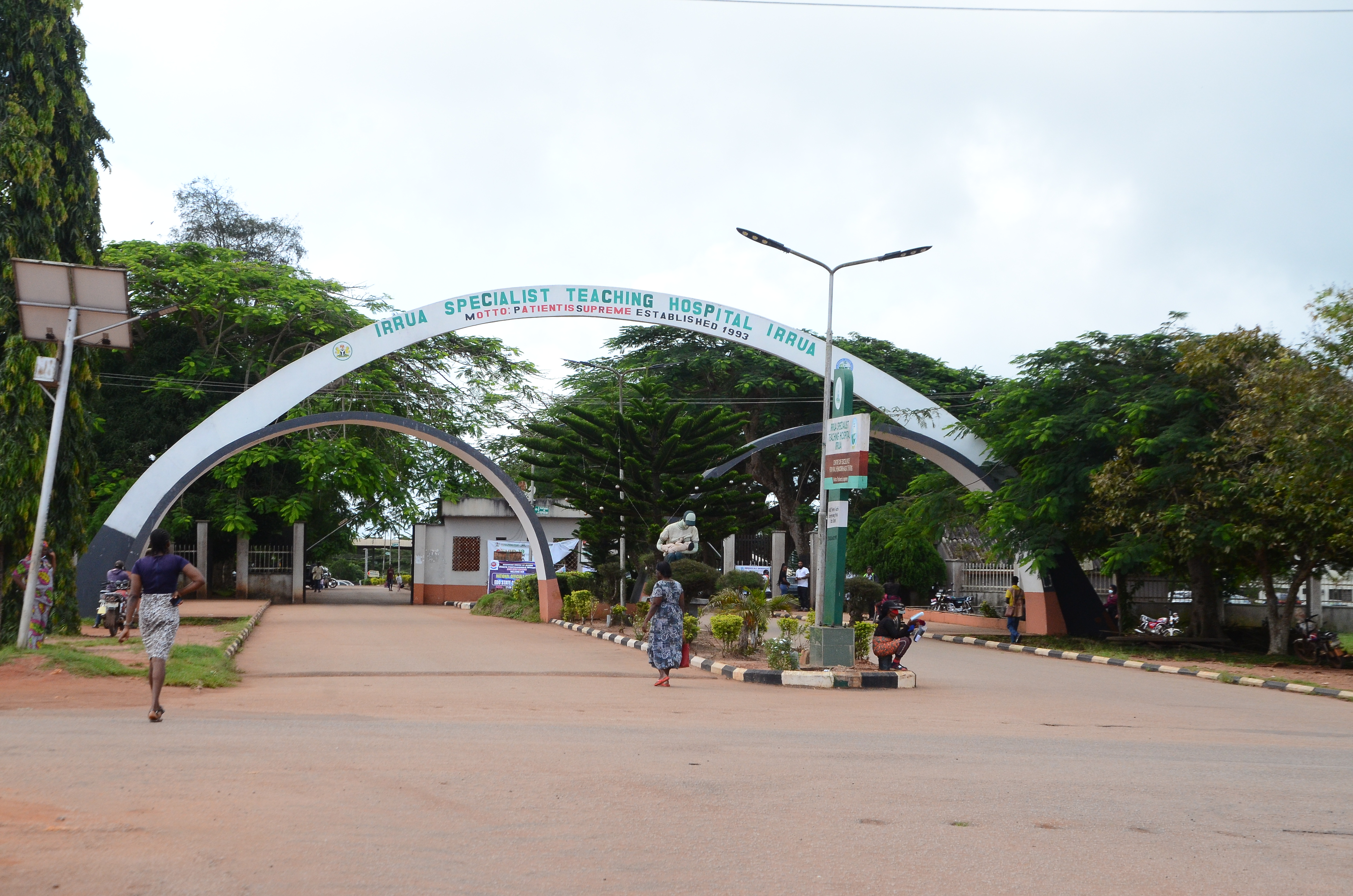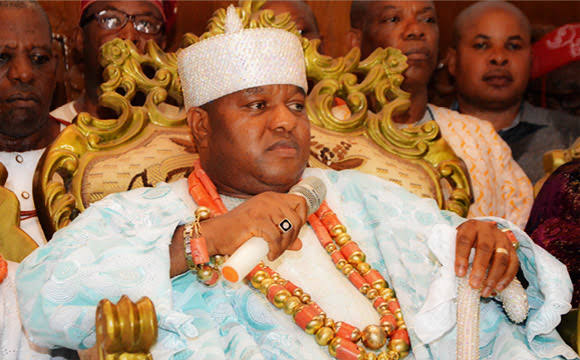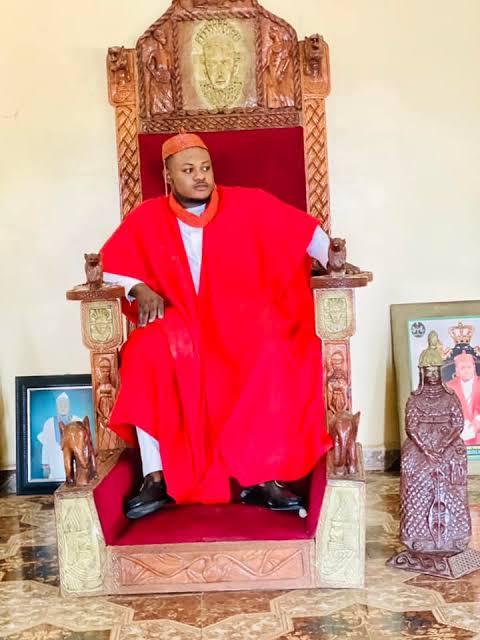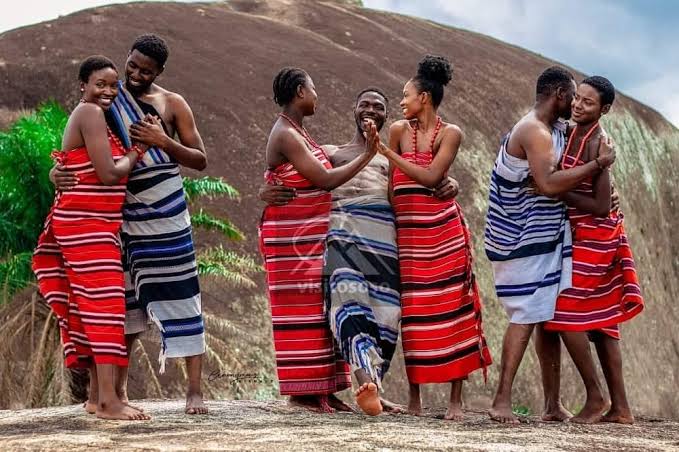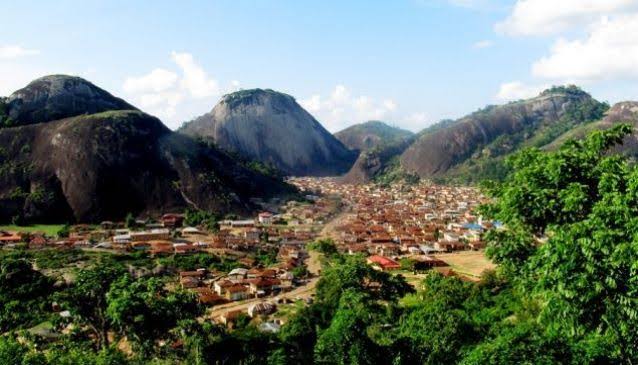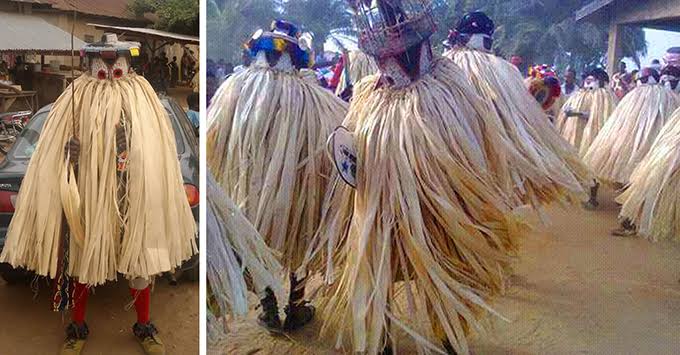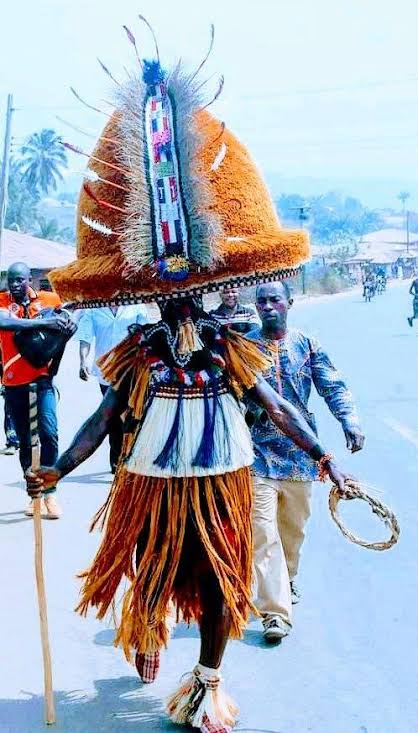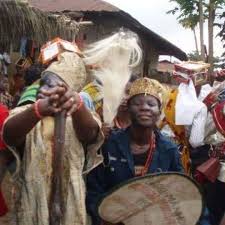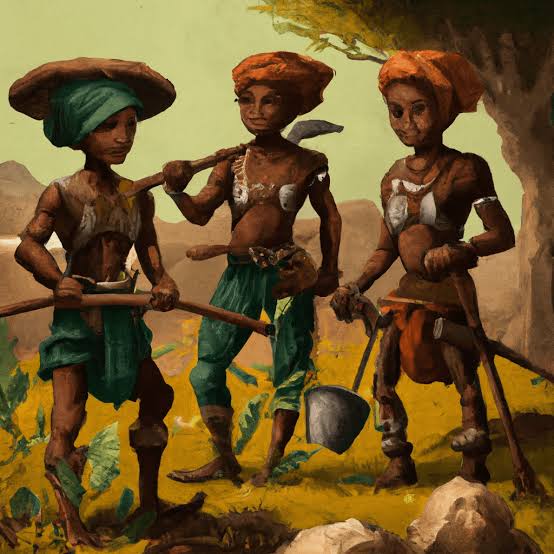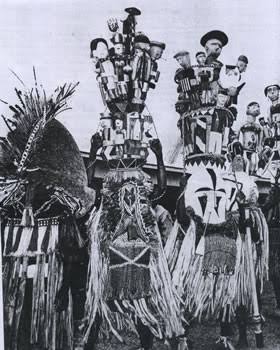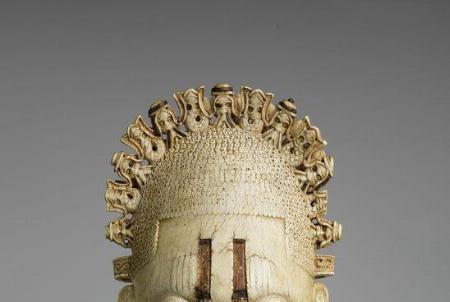Auchi Kingdom
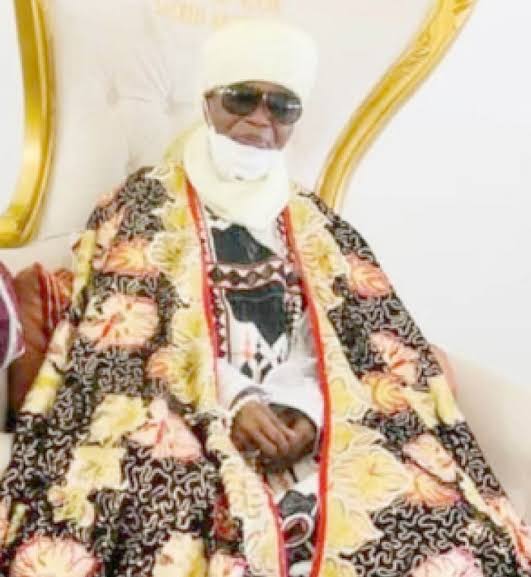
Description
Auchi is one of the most prominent and historically significant kingdoms in Edo State, Nigeria, located in the Etsako West Local Government Area. Auchi, often referred to as "Auchi Kingdom" or "Uchi," is a major urban center in northern Edo State and serves as a commercial, cultural, and educational hub for the region.
Historical Overview
The history of Auchi Kingdom is deeply rooted in the broader history of the Afemai (Etsako) people. The origins of Auchi can be traced back several centuries, with oral traditions suggesting that the town was founded by people who migrated from the ancient Benin Kingdom during the reign of Oba Ewuare the Great (circa 1440-1473). This migration was partly due to internal conflicts, wars, and the search for new territories.
The settlers who founded Auchi were led by a prince from the Benin royal family, who established the community that would eventually grow into a significant kingdom. Over time, Auchi developed into an important center for trade, culture, and education in the Afemai region.
Political Structure
Auchi Kingdom is traditionally governed by the **Otaru of Auchi**, who is the paramount ruler and spiritual leader of the kingdom. The title "Otaru" is of great significance in Auchi and is derived from the word "Otara," meaning "the one who speaks for the people." The Otaru is chosen from one of the royal families and plays a central role in the administration of the kingdom, overseeing both spiritual and temporal affairs.
The Otaru is supported by a council of chiefs, known as the **Elders Council**, who represent the various quarters of Auchi. These chiefs assist the Otaru in decision-making, particularly in matters related to land disputes, cultural preservation, and community development. The Otaru also plays a crucial role in maintaining law and order, as well as in the resolution of conflicts within the kingdom.
Key Quarters of Auchi
Auchi is organized into several quarters, each with its own traditional leadership and cultural practices. These quarters include:
1. Aibotse:
Aibotse is one of the largest quarters in Auchi and plays a significant role in the kingdom's cultural and social life. It is known for its vibrant festivals and contributions to the kingdom's development.
2. Iyekhei:
Iyekhei is another important quarter in Auchi, recognized for its historical significance and active participation in the kingdom's governance. The quarter is home to several influential families and is known for its traditional crafts.
3. Akpekpe:
Akpekpe is known for its strategic location and rich cultural heritage. The quarter is involved in various economic activities, including agriculture and trade.
4. Igbei:
Igbei is noted for its strong community ties and cultural practices. It plays a vital role in the kingdom's traditional festivals and ceremonies.
5.Uzairue:
Uzairue, while also being a distinct kingdom within Etsako West, has historical and cultural connections with Auchi, particularly through trade and shared festivals.
Cultural Practices
Auchi Kingdom is known for its rich cultural heritage, which is expressed through various festivals, traditional ceremonies, and religious practices. Some of the key cultural practices include:
Eid al-Fitr and Eid al-Adha:
Auchi is predominantly a Muslim community, and these Islamic festivals are the most important cultural and religious events in the kingdom. During these celebrations, the Otaru and the Muslim community gather for prayers, feasting, and charity.
Auchi Day:
Auchi Day is a significant cultural festival that celebrates the history, culture, and achievements of the Auchi people. It includes traditional dances, music, and other cultural performances, bringing together people from various parts of the kingdom and beyond.
Masquerades:
Traditional masquerade performances are still a part of Auchi's cultural heritage, particularly during special occasions and festivals. These masquerades are believed to represent ancestral spirits and are involved in various rituals.
Traditional Marriage Ceremonies:
Marriage in Auchi involves elaborate traditional rites, including bride price negotiations, the exchange of gifts, and communal celebrations. These ceremonies are marked by traditional music, dance, and feasting.
Modern-Day Auchi Kingdom
Auchi has evolved into a significant urban center in Edo State, with a strong economy based on trade, agriculture, and education. The town is home to Auchi Polytechnic, one of the leading polytechnics in Nigeria, which has contributed to the educational and economic development of the region.
The Otaru of Auchi remains an influential figure, both in traditional governance and in the broader socio-political landscape of Edo State. The kingdom has seen considerable growth and modernization, while still maintaining its cultural identity and traditions.
Auchi is also known for its active participation in regional and national politics, with many prominent figures in Edo State and Nigerian politics hailing from the kingdom. The town's strategic location, vibrant market, and educational institutions have made it a central hub in the Afemai region.
References
1.Ikhidero, B. I. (1994). History and Culture of Auchi Kingdom.This book provides a detailed history of Auchi, exploring its origins, cultural practices, and social structures.
2. Aghayere, V. O. (2005). The Afemai People: Tradition and Change.This work examines the history and culture of the Afemai people, with specific attention to Auchi and its development as a significant kingdom within the region.
3.Bradbury, R. E. (1957). The Benin Kingdom and the Edo-Speaking Peoples of South-Western Nigeria.Although primarily focused on the Benin Kingdom, this book provides valuable context for understanding the broader Edo-speaking groups, including the Afemai people, among whom the Auchi people are prominent.
4.Oseni, Z. I. (1990). The Culture and Traditions of Auchi People: A Sociological Study.This book offers an in-depth analysis of the cultural practices, social structures, and traditional beliefs of the Auchi people.

Related Content
Join The Edo State Digital Library
The Edo State Digital Library is a global network of researchers, archivists that is open to anyone with interest in documenting Edo State's history. There are many ways to contribute to the archive: as an individual or as an institution looking to share its content online, as a professional archivist, as a history researcher, or as someone with a love for cultural heritage. You may join as a:
.png)
.png)
